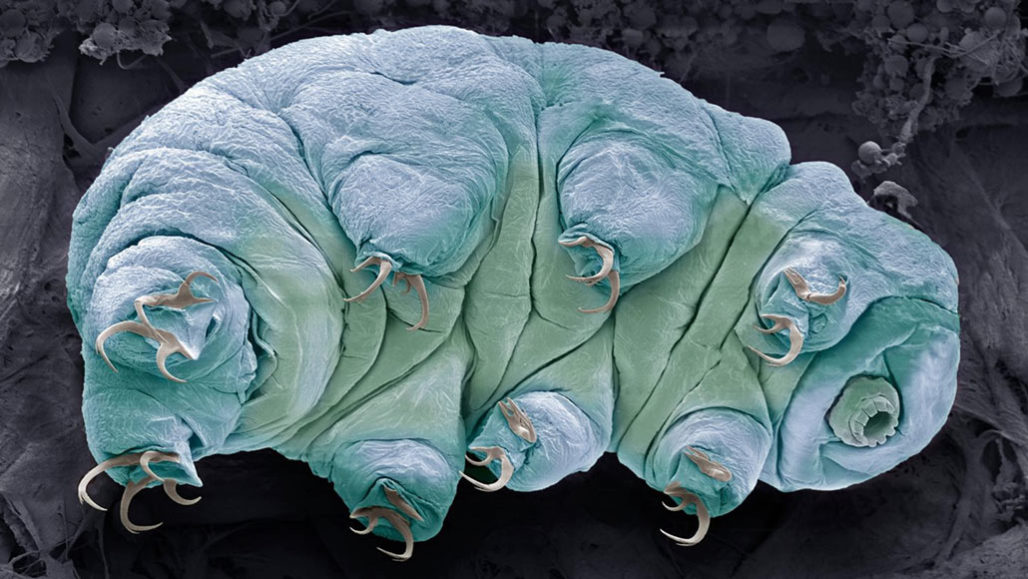
In my opinion. this discovery is super fascinating. I also find it fascinating how they found a similar protein in humans. Maybe these water bears developed a worse version of the protein and evolved a better version. Maybe that is the next step in evolution for humans. Its exciting to wonder what is possible when you see something as amazing as this naturally appear in nature.
https://www.sciencenews.org/article/tardigrades-dna-damage-radiation-death
https://elifesciences.org/articles/47682
